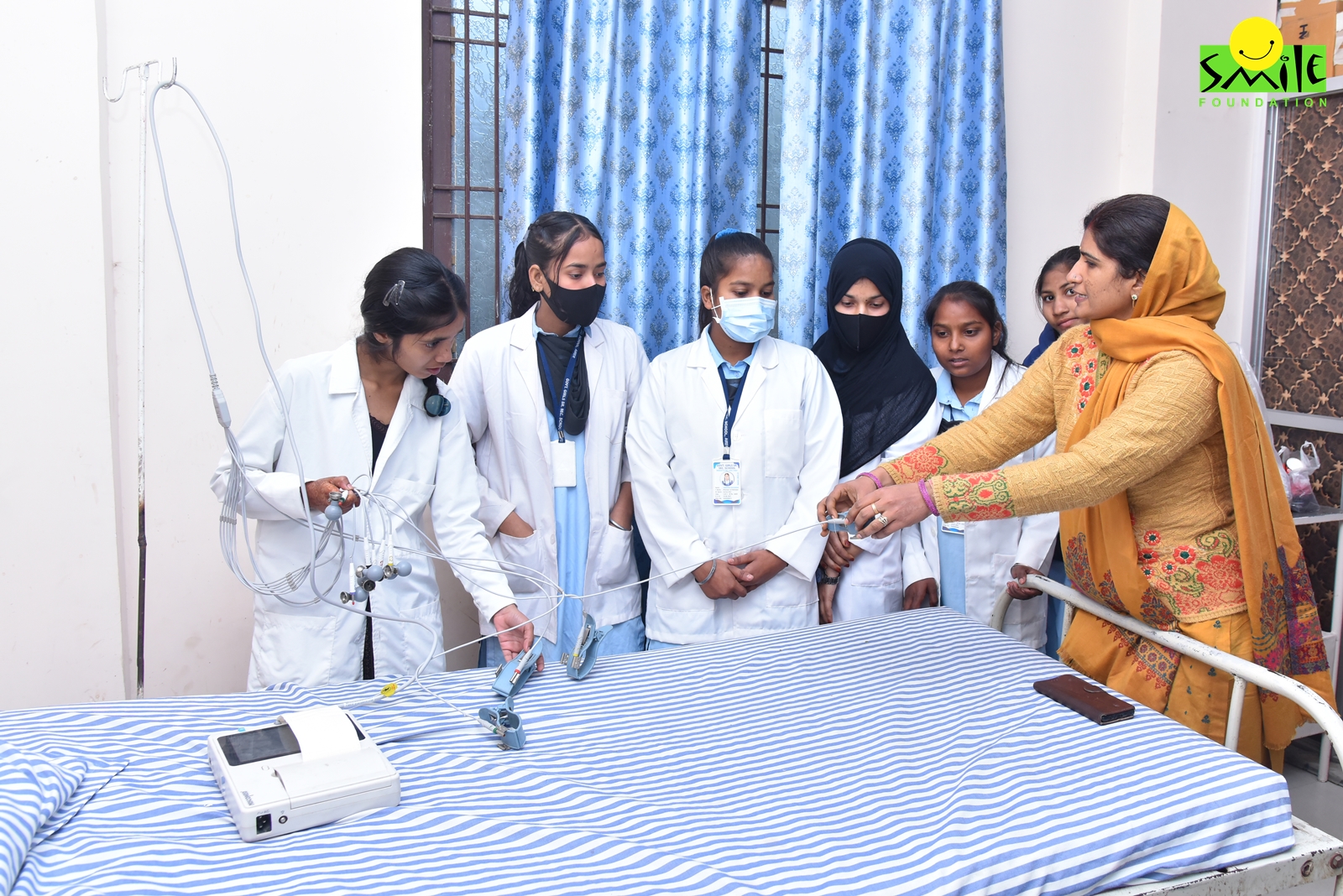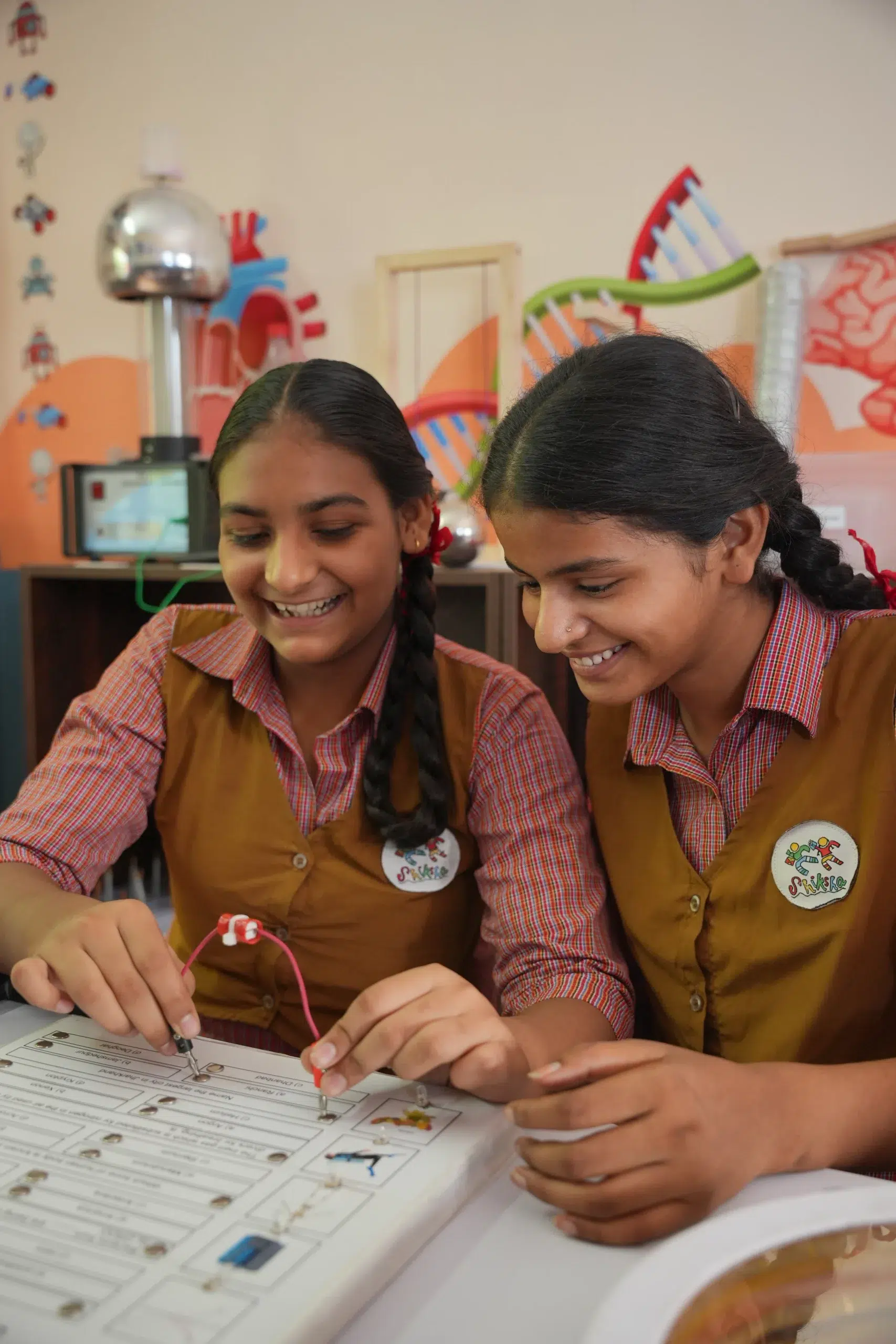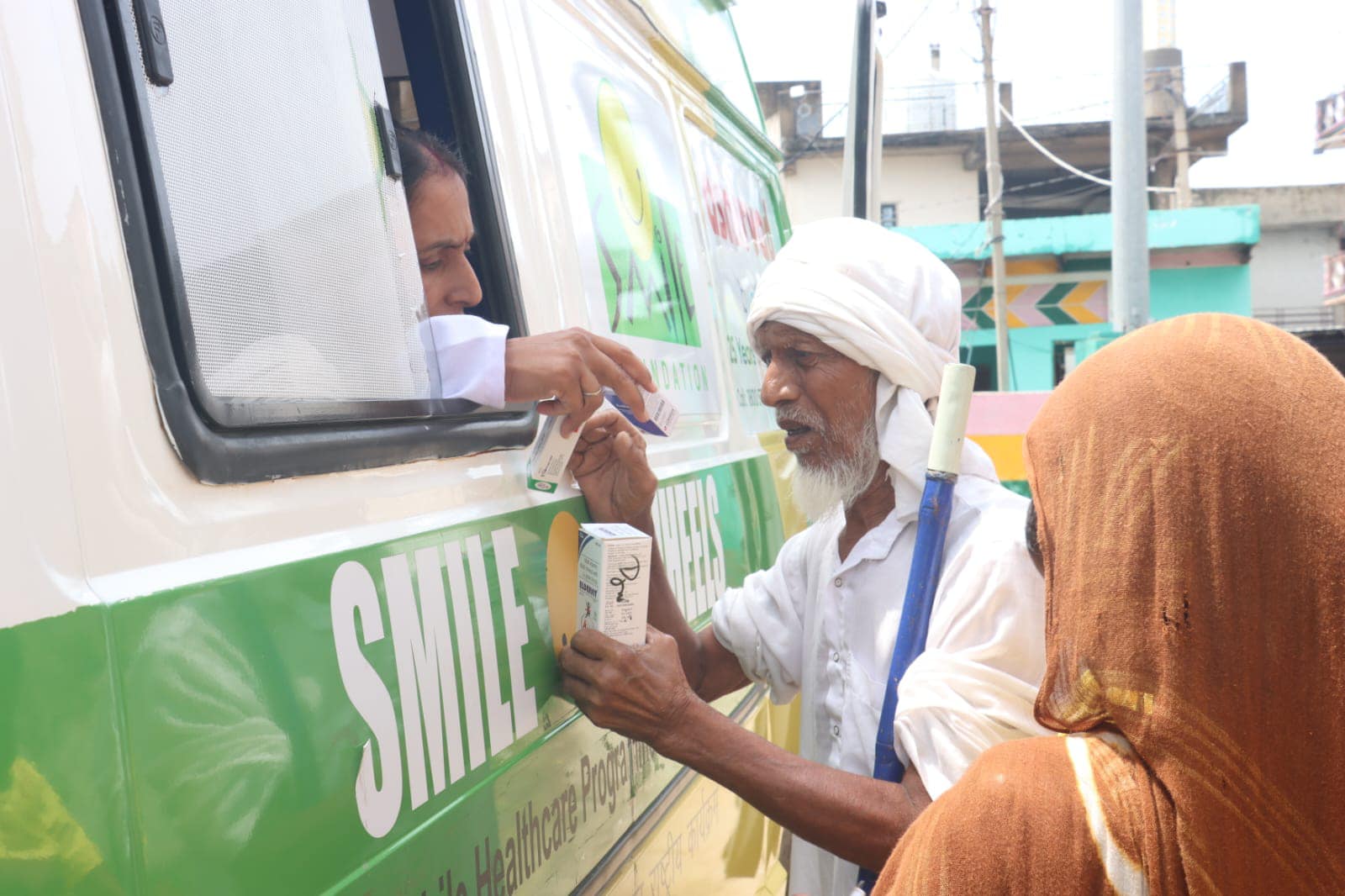S&P Global Ratings’ report, released in October of this year, stated that India is on track to become the world’s third-largest economy by 2030. While the report acknowledges the challenges posed by India’s growing population, it also highlights that India and other emerging markets are expected to contribute approximately 65 per cent of global economic growth by 2035. This statistic is crucial because, while the country is poised for tremendous growth, it also underscores the importance of addressing internal challenges that could impede progress if addressed.
As India advances in the 21st century, several critical issues have emerged as urgent priorities—education, healthcare, skill development, and gender equality. Tackling these challenges is essential for ensuring the nation’s continued growth, inclusivity, and global competitiveness. While India’s economic progress is promising, it must address these pressing domestic concerns to maintain its competitive edge on the world stage. In this context, adopting a Lifecycle approach is crucial, as it offers a comprehensive framework for addressing these issues in a sustainable and integrated manner, fostering long-term development and resilience.
Lifecycle Approach- How & Why?
Ensuring Access to Equality Education
Consider this: 50 per cent of India’s children lack access to quality education beyond primary school. Between 2014 and 2018, the cost of primary education rose by 30.7 per cent while 39 per cent of students aged 20-24 dropped out of college to support their families. These figures highlight a significant issue: while enrollment and literacy rates have improved, access to quality education remains a persistent challenge. It is crucial to expand access to affordable, quality education at all levels to harness India’s demographic dividend: its large, youthful population. Without addressing these gaps, India risks limiting the potential of its future workforce, holding back both individual opportunities and national growth.
Making Universal Healthcare Coverage Accessible
Healthcare is India’s next big priority. The country’s healthcare system faces numerous challenges, with a heavy reliance on private players and public health expenditure remaining low—at just 1.35 per cent of GDP. Furthermore, COVID-19 exposed many of these weaknesses in the healthcare system, underscoring the need for investment in public health infrastructure and better preparedness for health crises. For a nation aspiring to be a global power, the healthcare infrastructure must align with the standards of developed economies. Improving public health spending, expanding access to quality care, and addressing disparities in healthcare delivery are crucial steps toward building a robust and equitable healthcare system. Universal health coverage, such as the government’s Ayushman Bharat initiative, is a step in the right direction. Still, but it needs to be fully implemented and expanded to ensure that everyone can access quality healthcare regardless of their socio-economic status. We also need an increased focus on improving mental health services, which remain woefully inadequate currency across the country.
Upskill and Empower
Adapting to new industries, technologies, and job markets is essential in a rapidly evolving global economy. While India has a large, youthful population, a significant portion of this demographic remains unemployed or underemployed, often due to a mismatch between the skills learned in the education system and the skills required in the labour market. This highlights the urgent need for upskilling, placing it in a position of prime importance. The social landscape suggests that India will have the largest workforce globally by 2027, but if skill-building does not catch up with the rate of technological progress, then it may cause economic losses. We must take significant steps to address this, including expanding vocational education, reforming formal education, offering apprenticeship programs, and providing inclusive upskilling workshops.
Additionally, digital literacy programs must be prioritised to equip individuals with the necessary skills to thrive in the modern job market. Take, for instance, India’s impressive achievement of having the second-highest number of women graduates in STEM fields globally. Despite this, a stark and inexplicable gap exists between their education and workforce participation. While many women excel academically in science, technology, engineering, and mathematics, they often face significant barriers when entering and advancing professionally. This highlights the need to bridge relevant gaps.
Building Gender Equality as the Last Leap
While women make up nearly half of India’s population, achieving gender equality remains one of the most urgent issues that requires attention. In the Gender Inequality Index (GII) 2022, India ranks 108th out of 193 countries, highlighting the deep-rooted challenges of gender-based discrimination and violence that persist across the country. Women continue to face barriers in areas such as employment, political participation, access to property, etc. The gender pay gap also remains significant in many sectors.
A particularly concerning trend is the concentration of women in the informal sector. According to a 2018 International Labour Organisation (ILO) report, approximately 82 per cent of working women in India are employed in the informal sector, often lacking job security, benefits, and legal protections. At the same time, violence against women, including domestic abuse, sexual harassment, and human trafficking, remains a pervasive issue. Even though laws have been enacted, the implementation is often weak, which causes victims to face societal stigma or insufficient support.
In line with this, another critical issue in India is the rights of queer people. Though LGBTQ+ rights have historically been marginalised, attitudes towards same-sex marriage have begun to shift. A 2023 Pew Research Center poll revealed that 53 per cent of Indians now support the legalisation of same-sex marriage, a significant increase in tolerance toward LGBTQ+ rights. This shift suggests a growing recognition of the need for equal rights and social acceptance for queer individuals, marking an important step toward greater inclusivity. However, despite these shifts in public opinion, there is still much work to be done to ensure that queer people have the legal protections, social acceptance, and opportunities for dignity and equality in all aspects of life.
Concurrent and Integrated Development with Smile
Through our “Lifecycle Approach”, Smile Foundation has empowered underserved children and their families across India since 2005. Every year, more than 1.5 million individuals in 2000 villages across 25 states benefit from our initiatives in education, health, women’s empowerment and community support. Our commitment is to deliver quality education, healthcare and livelihood opportunities to those in need, irrespective of distance or geography.
Flagship programs like Mission Education align with the National Education Policy, focusing on foundational skills in languages, numeracy and STEAM subjects. In health, Smile On Wheel- mobile healthcare units are providing quality and preventive healthcare to remote communities.
The Swabhiman programme promotes maternal, menstrual and neonatal health, enhancing awareness of critical hygiene practices.
Our vocational training initiatives such as STeP and Swabhiman, aim to empower youth and women, fostering economic empowerment and resilience. Through these efforts, we nurture a cycle of holistic support, addressing Education, Health, Skilling, Gender Equality to uplift vulnerable communities.
Driven by a simple purpose—to create lasting change—if you share this belief, Partner with Smile Foundation and support Lifecycle approach to empower disadvantaged communities with the skills and knowledge they need to take the first step towards a better, stable life.









